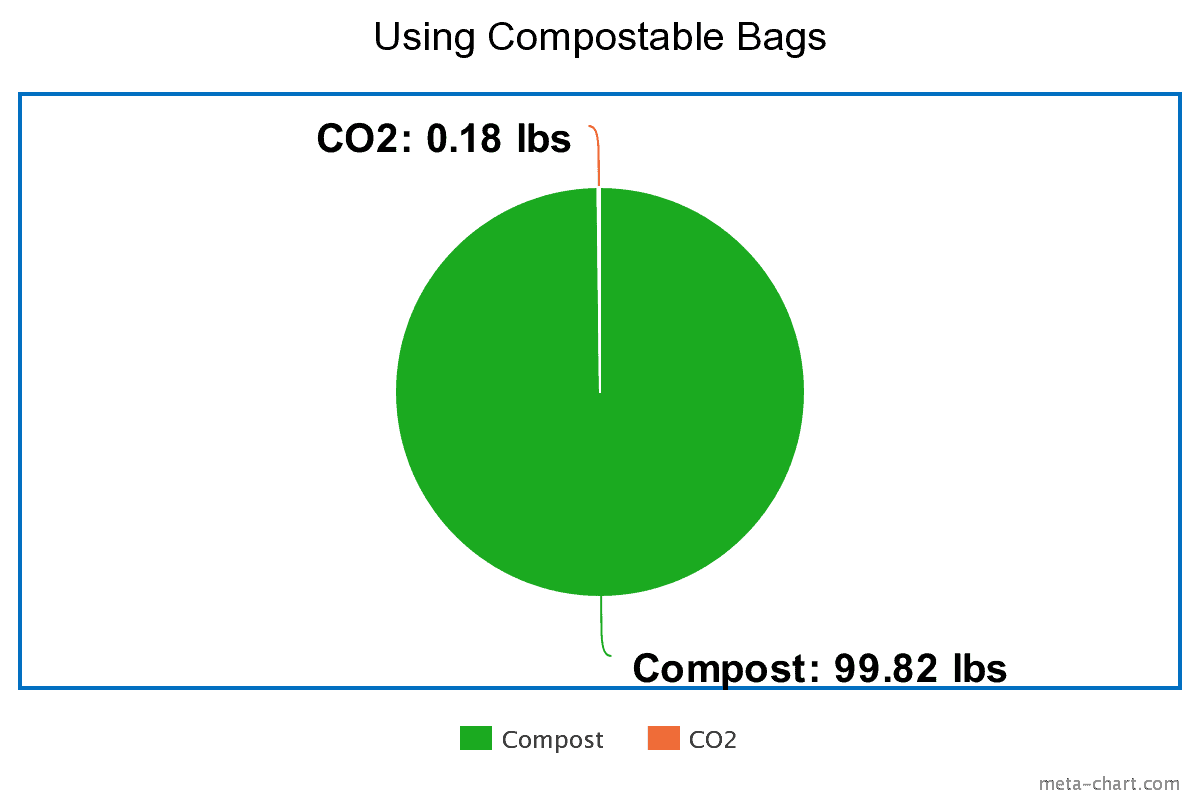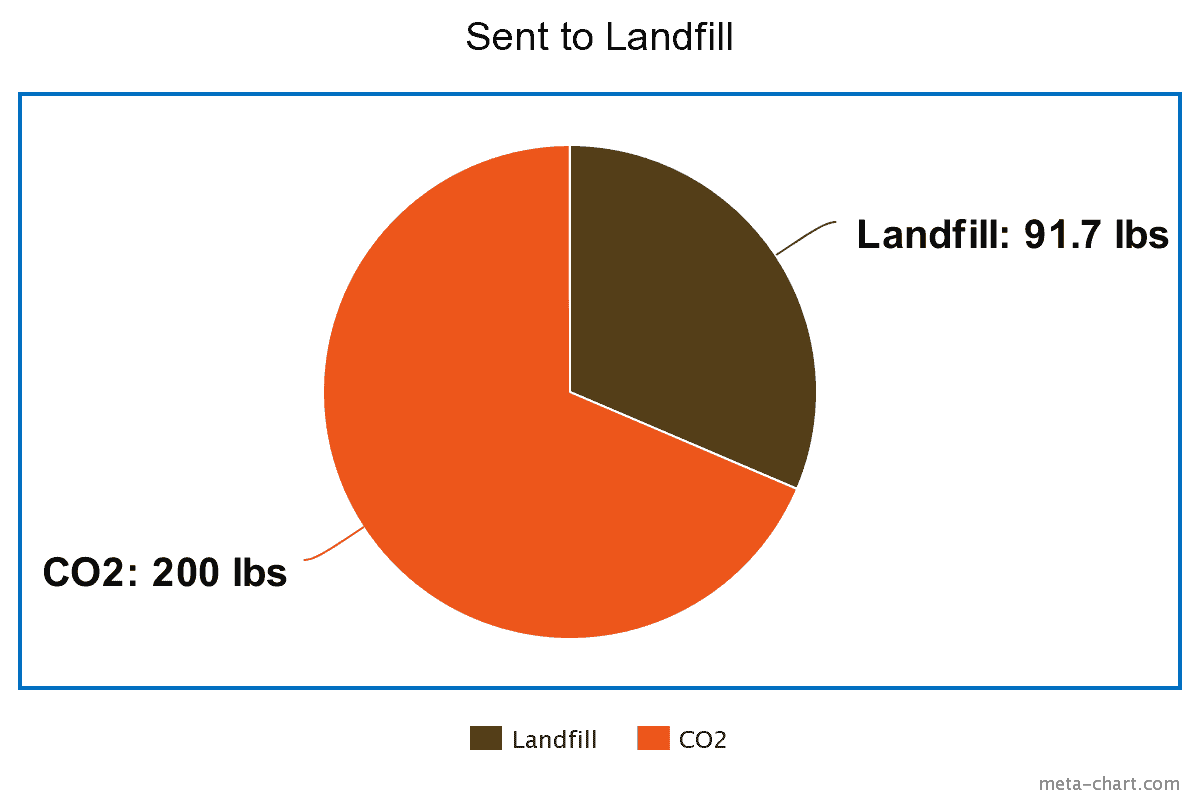Using Truth Dishonestly
In our last blog post, Compostable Objections – Outdated Information, we outlined how quickly the compostable film products industry is evolving and the issues that arise when people make decision on old information. There are 3 main places that routinely generate objections to compostable film products. They are:
- Using outdated/non-scientific information to form objections
- Presenting truth in a dishonest way (this blog)
- Legitimate challenges that need to be addressed by the industry
In this post, we will be covering the how truth can be used in a dishonest way. To do that, we are going to review a blog post from a plastics company that inspired us to write this series in the first place.

We should start by saying that much of the information found in their blog, which you can read here, is true. What is also true is that the author of the blog has either misunderstood, or intentionally misrepresented, the purpose of compostable film bags in such a way as to benefit the plastic products that his company provides.
The base of his argument is that, in the ASTM D6400 standard that BPI tests to, only 10% of a compostable bag turns into humus, which is a nutrient rich organic material, while the other 90% turns into CO2 which is a harmful greenhouse gas.
He’s partially right. Within the guidelines for ASTM D6400 standards, a product must disintegrate to at least 90%. The reason the guideline states 90% instead of 100% is because of unavoidable variances in testing that may impact results. Although many products disintegrate to 100%, often with much shorter timelines, a 90% degredation allowance means good compostable products can pass even when variations don’t work in their favour.
Also, the bag itself is not meant to be a source of compost. It’s not a significant source of humus, so for the purposes of the rest of this blog, we will assume that 100% of our bags break down into CO2 in the composting process. This is not strictly true either, but in an effort to be as fair as possible, this will present the least favourable outcome for us to work from.
The First Obvious Omission
The BIG part he’s missing is what our bags are used for and what the alternative is. Compostable film bags, and the programs that are implemented using them, have been shown to vastly increase the amount of food scraps that are collected. This means that by using composable film bags, a huge amount of food scraps that would have been destined for the landfill is instead converted into soil-rejuvenating compost. The compostable bags that are used to collect that organic waste make up a tiny fraction of a percent (approximately 0.18%) of the weight of organic waste collected.
The Second Glaring Omission
What happens if compostable film bags are not used? As mentioned above, much of the food scraps that would have been directed to a compost facility will instead be directed to landfill. The massive problem with this is that organic waste does not have access to oxygen in a landfill and will not decompose properly. In this situation, organic waste emits between 8% and 25% of it’s mass in methane which is between 25 and 80 times more destructive to the atmosphere than C02. We’ll assume the best case scenario with 8% of mass, and 25x more harmful for the following example.
What is Best for the Planet?
This is the only question that matters. We’ve discussed a bunch of numbers, so let’s simplify it using 100lbs of organic waste as an example.

Scenario 1
100lbs of organic waste collected with compostable film bags will result in:
- just an extra 0.18 lbs of CO2 being produced by the compostable bags
- All the organic waste collected by those bags converted to compost which can promote healthier plant growth

Scenario
100lbs of organic waste sent to landfill
- 8.3lbs of methane gas, equivalent to at least 200lbs of C02, produced due to lack of oxygen in a landfill
- All the organic waste will remain in the landfill permanently, providing no benefit whatsoever
If compostable bags help people compost more by making the whole process cleaner and easier, they are worth using to lower the impact on our climate. Just one extra avocado pit collected in 100lbs of organic waste will negate the CO2 produced by the compostables bags for the entire batch.
As always, we encourage you to make your own mind up on how to best collect your organic waste. If you want to use a compostable bag, check your options and see why EcoSafe is likely your best choice. If you can collect all of your organic waste while using fewer, or no compostable bags, please do so. Reducing is the best thing for the environment. If, however, you want to keep your organics collection clean and easy, our bags are the best option.
Contact us for more details or click here to buy our bags directly from Amazon.
Food loss and waste occur at each stage of the supply chain. The biggest proportion (about 37%) happens in the home.
ReFED, 2021

